Barbara Walters shamed me in 1981, and it hurt. But I deserved it.
I was a rookie talent coordinator for Tomorrow with Tom Snyder, a late-night talk show on NBC, competing with others on the staff to book the most interesting, high-profile guests. Barbara Walters was one of my “hot” bookings. She was a working journalist with a distaste for turning the spotlight on herself. Securing her for an interview was extremely difficult.
When I got her on the phone for the pre-show interview, I began with, “You’re such an experienced interviewer. If you were interviewing yourself, what question would you start with?”
The blowback was immediate and barely civil. “You’re supposed to be interviewing me,” she said. “It’s your job to come up with the questions, not mine.” The subtext was, “Don’t waste my time.”
Ouch.
She famously told a Vanity Fair reporter in 2014, “You will find that I’m very hard to interview . . . I hate it.” Well, that could explain my difficulty with her, but probably not.
Read More: Goodbye Judy Woodruff. We’ll Miss Your Calming Presence
Becoming a Household Name
Against huge odds—being a woman, with a speech impediment, and “not particularly glamorous,” as she told Katie Couric—she rose to the top of the profession and became a household name. She paved the way for younger women like Diane Sawyer and Lesley Stahl, both former bosses of mine, who in turn paved the way in network TV journalism for women like me.
She stood up for the audience who didn’t have access to world leaders or celebrities.
“Develop enough courage so that you can stand up for yourself and then stand up for somebody else,” wrote Maya Angelou.
Even when she was interviewing celebrities, Barbara had the courage to dig deep for the truth, exposing hypocrisy and “standing up” for the audience who didn’t have access to them: who only knew what they read in the tabloids or what their handlers wanted the public to know.
Her interviewing skills were masterful, and US presidents and other world leaders knew to expect tough questions when they sat down with her. She asked Chinese Premier Jiang Zemin if he knew what happened to the brave citizen who tried to stop a column of tanks in Tianamen Square after the government crackdown in 1989. When he defended the government action as “much ado about nothing,” she said, on behalf of her audience back in the US, “We feel it’s a great deal to do about something.” One master stroke, among many, was getting Menachem Begin to do a joint interview with Anwar Sadat before they signed the Camp David peace accords.
Breaking into the Boys Club
Barbara Walters was no nonsense, a female Mike Wallace, and took no prisoners—all those cliched descriptors that have been hung on her for decades. And she certainly upset the status quo when she broke into the boys club of network television, proving that women were just as capable as men when it comes to interviewing subjects who don’t want you to know things.
But she was also known for her strong work ethic and her handwritten notes of encouragement to other women in the business, one of which Couric shared with People magazine in her tribute to Barbara after her death.
She proved that women were just as capable as men when it comes to interviewing subjects who don’t want you to know things.
She rose from writer/researcher to reporter to co-anchor of the Today show. Then came her short-lived, multi-million-dollar contract to co-anchor ABC’s Evening News with Harry Reasoner. That was followed by 20/20, which she helmed jointly with Hugh Downs and later, my former boss, Diane Sawyer.
It’s true that, as the controversial 60 Minutes producer Ira Rosen reported in his memoir about the TV newsmagazine, there was an intense rivalry between Diane and Barbara over the biggest interview “gets.” But that was the case with every high-profile network TV journalist. Everyone wanted to book the big names because the purpose of getting the interviews was not just to hear what the interview subjects had to say, but to make news, often by saying something unintended. The journalist represents the audience, and good journalists want to help the audience get to the truth.
Spilling the Beans
Almost no one was better at getting them to spill the beans than Barbara. “Did [President Clinton] tell you he loved you?” she asked Monica Lewinsky. She pressed singer Ricky Martin about his love life in 1980, when he had yet to come out publicly, asking “You could say, as many artists have, ‘Yes, I’m gay,’ or ‘No, I’m not.’” She later said that looking back on it, she felt it was “an inappropriate question.” She asked Dolly Parton, “Is it all you?” referring to her breast size.
‘You don’t have any, forgive me, any talent,’ she told the Kardashians.
The year before my pre-interview with Barbara, she’d asked teenage Calvin Klein model Brooke Shields about her sex life, and in another interview years later, she told the Kardashians they were known as “famous for being famous.” She went on with her astounding directness: “You don’t have any, forgive me, any talent.”
However, considering her huge body of work and her willingness to risk offending her subjects or the audience in pursuit of a story, she should be forgiven for a few missteps. Ask anyone who’s been on camera: We’ve all had times when hitting “rewind” and “erase” would have made us look better, and hindsight is . . . 20/20.
Creating The View
In the last of her 14 years at 20/20, she created (and kept 50 percent ownership in) a groundbreaking talk show for women, hosted by women. The View is now in its 26th season on the air.
It was at The View where I had my second encounter with Barbara in 2010.
One of my former colleagues from Tomorrow was a senior producer at The View, and I reached out to ask him to book Ricki Lake as a guest. Ricki had written a memoir to promote a startup I was working on—AllStride—an online meal-planning platform aimed at childhood obesity.
Barbara stopped by the makeup room to say hello. Even back then, a dozen years ago, she appeared physically and mentally frail. My producer friend told me she was no longer very actively involved in the program, though she still occasionally appeared on the air, and her “Most Fascinating People” interviews would continue for another five years.
Barbara Walters Tribute: Her Legacy
Rising to such dizzying heights in any profession can change a person. Barbara had her detractors, but she was admired for her support of other women in the business.
In spite of her reluctance to do TV interviews, she once told Tom Snyder the reason she’d agreed to do his show was that when her daughter was eight and he was a local TV news anchor, every New York news station was covering her appearance in divorce court except Tom’s 5 o’clock newscast on WNBC. Tom had refused to put that story on the air, and when his news director called to ask him why he hadn’t run it, he replied, “She has a child.”
Barbara had her detractors, but she was admired for her support of other women in the business.
“I never forgot it,” Barbara told him.
Barbara was the first female newswoman to log 50 years in front of the camera. She surely won’t be the last.
She paved the way for women like Norah O’Donnell to anchor the CBS Evening News, where she frequently lets women lead—and often dominate—the newscast. There are more women anchors at cable networks, too, and more editorial decisions made by news executives who happen to be women. That makes a difference to the older audience that watches the news on TV.
But with younger generations getting their news from social media, and attention spans shortening for all ages, long-form interviews are scarce. Who will be the next Barbara Walters? Nobody, I’m afraid.
Good journalism that holds power accountable will never be eclipsed by the medium. We need strong, independent-minded journalists now more than ever. People watched Barbara because they trusted her to press hard in her interviews, to ask repeated follow-ups. She always did her homework, and she didn’t ask predictable questions.
There will never be another Barbara Walters, and that’s unfortunate for all of us—in newsrooms and in living rooms. News will not be the same without her.
Read More: Where Did Savannah Guthrie Get Her Hutzpah?
***
Jeannie Edmunds is COO of NextTribe, a former producer for CBS, and former CNN on-camera reporter. She is the author of “Start Me Up: Tips, Tales and Truths about Starting Up and Starting Over.”

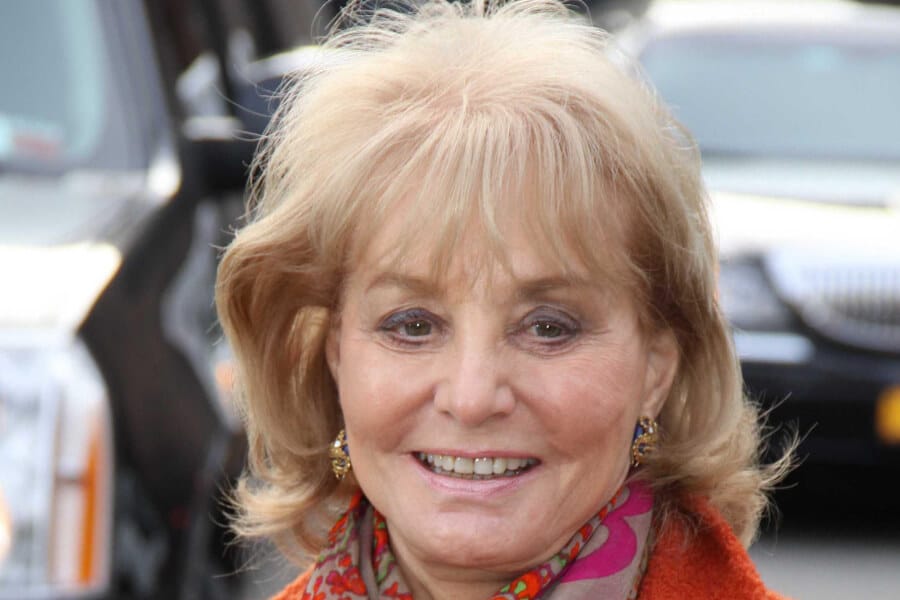
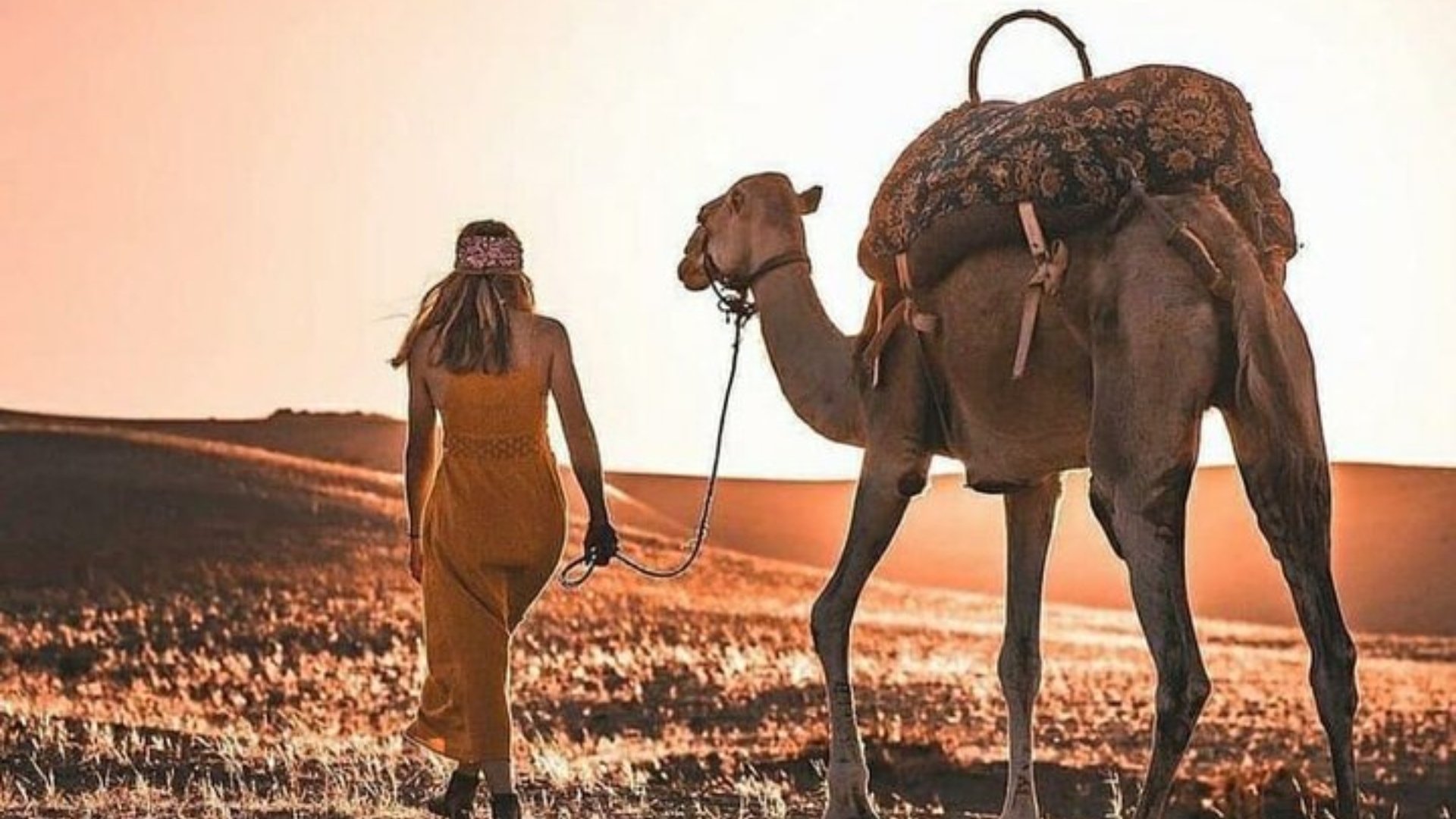




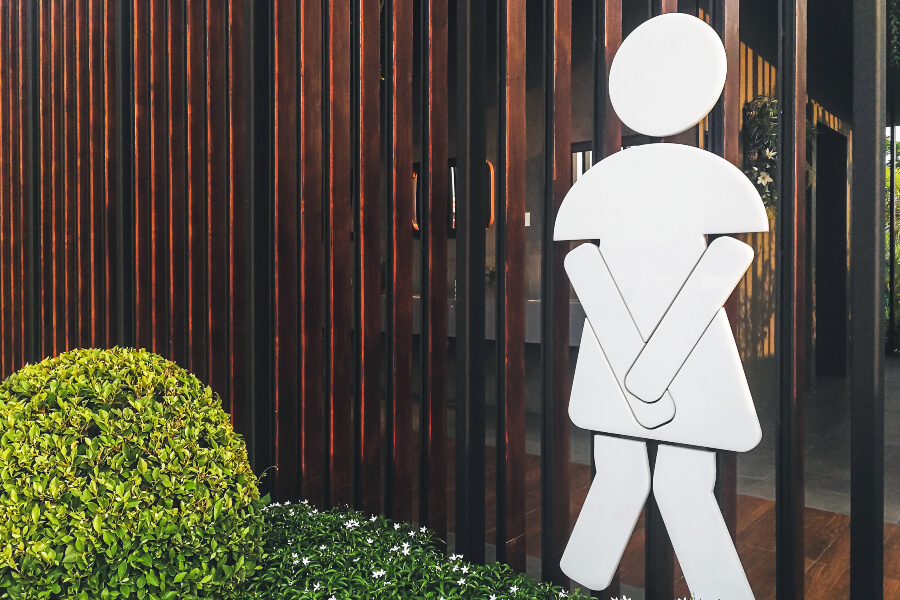



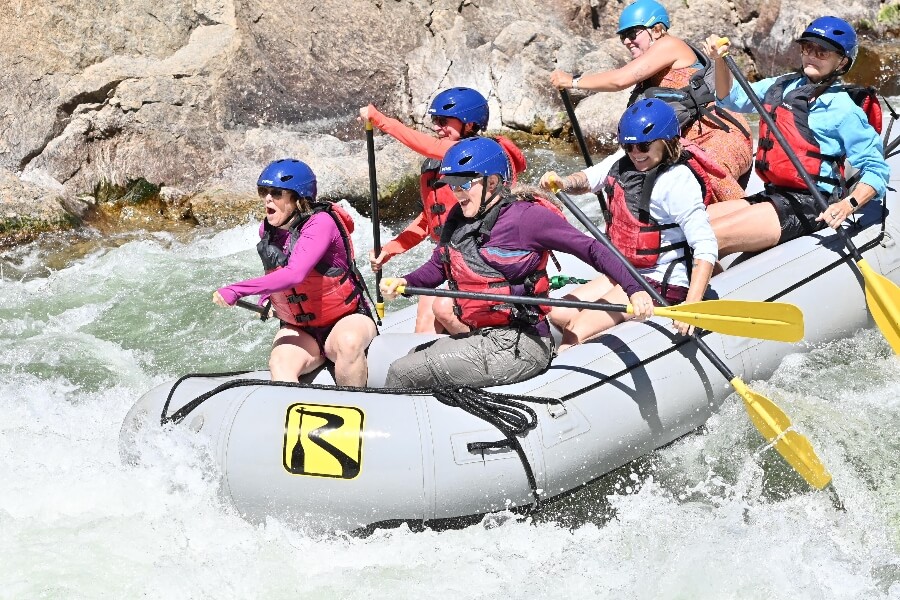

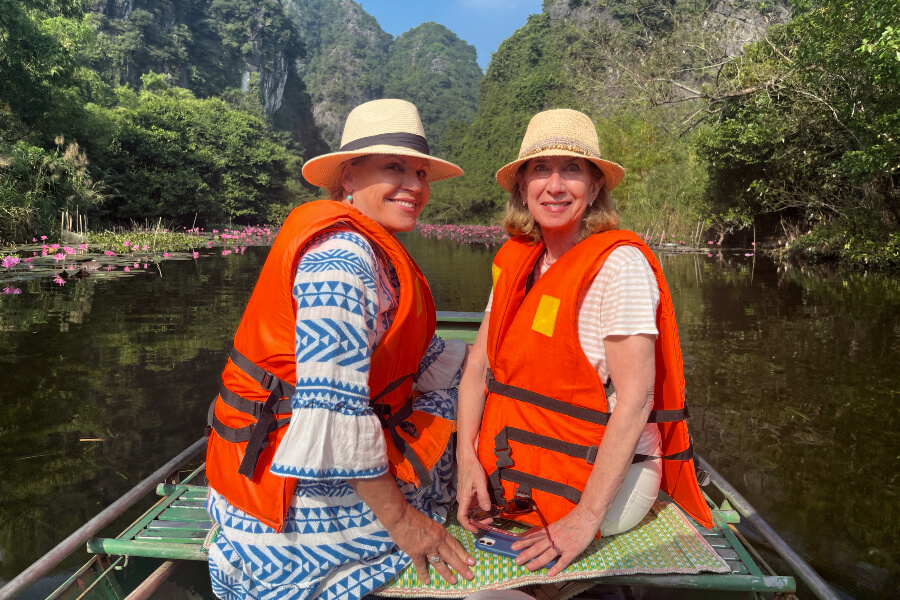
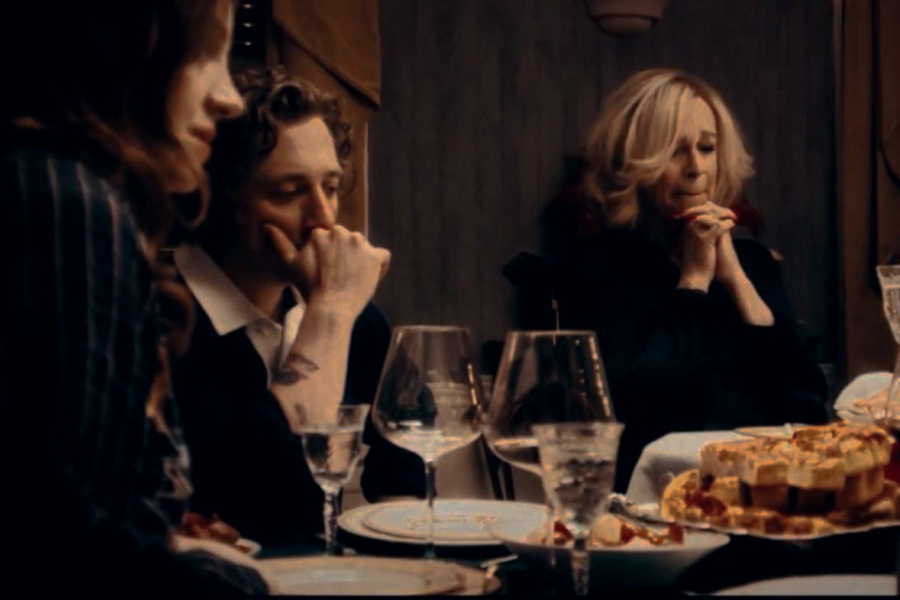
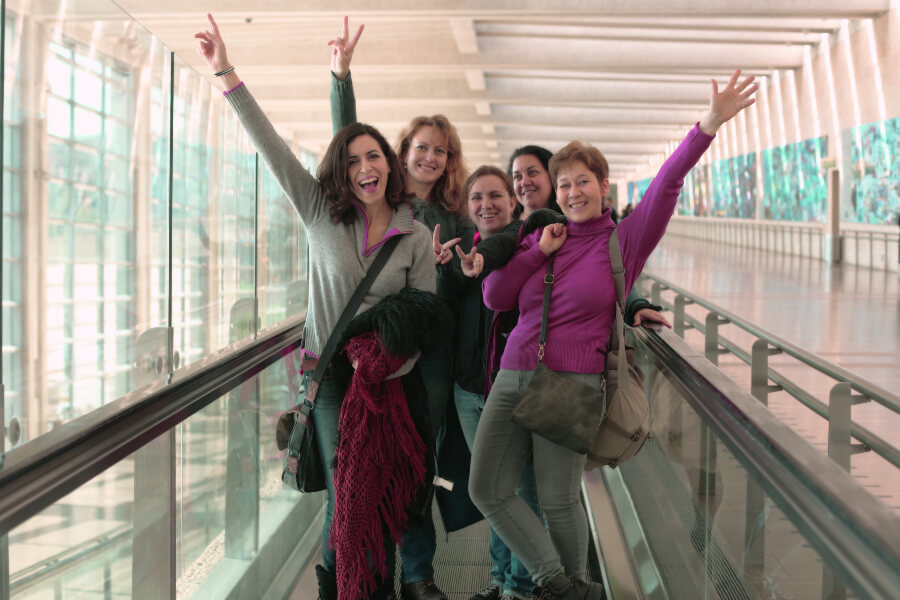
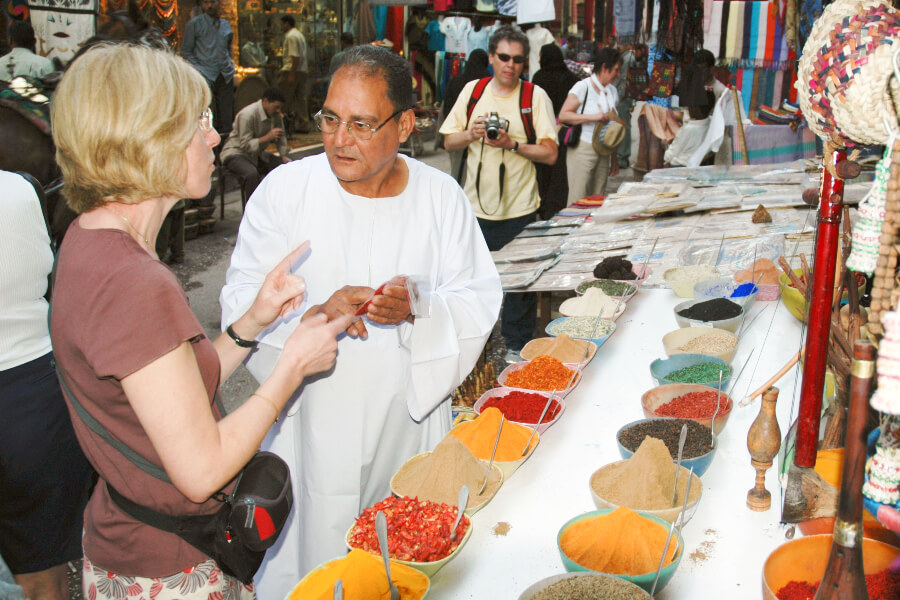
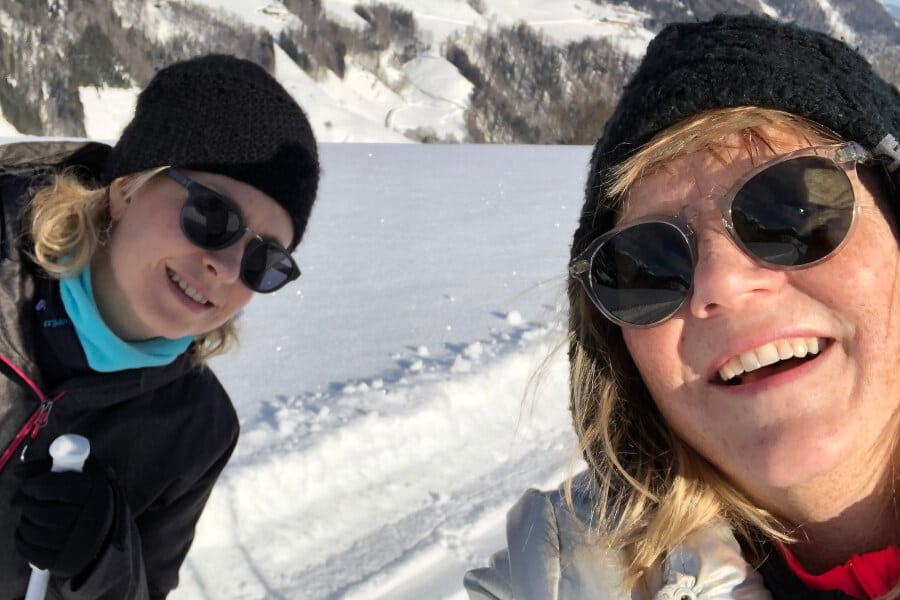
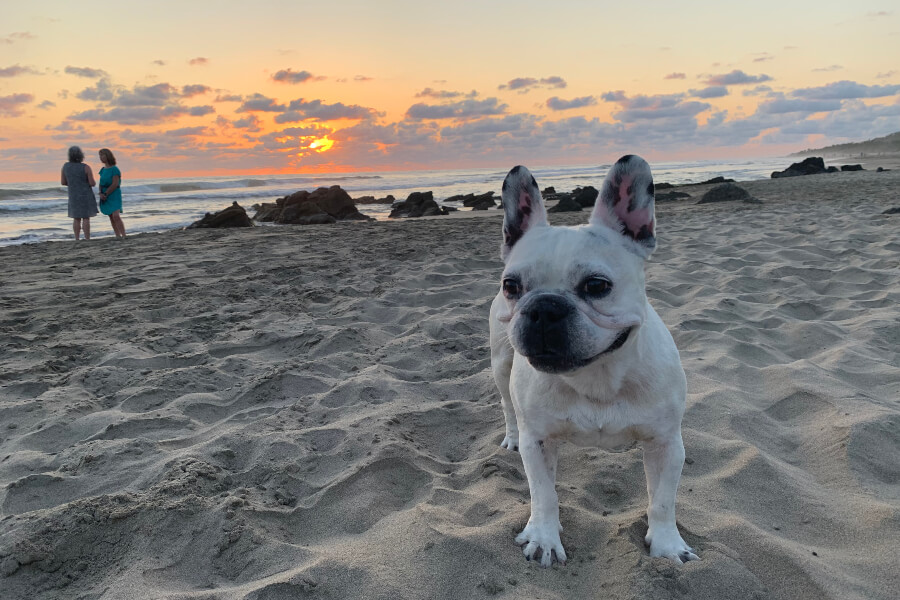


0 Comments